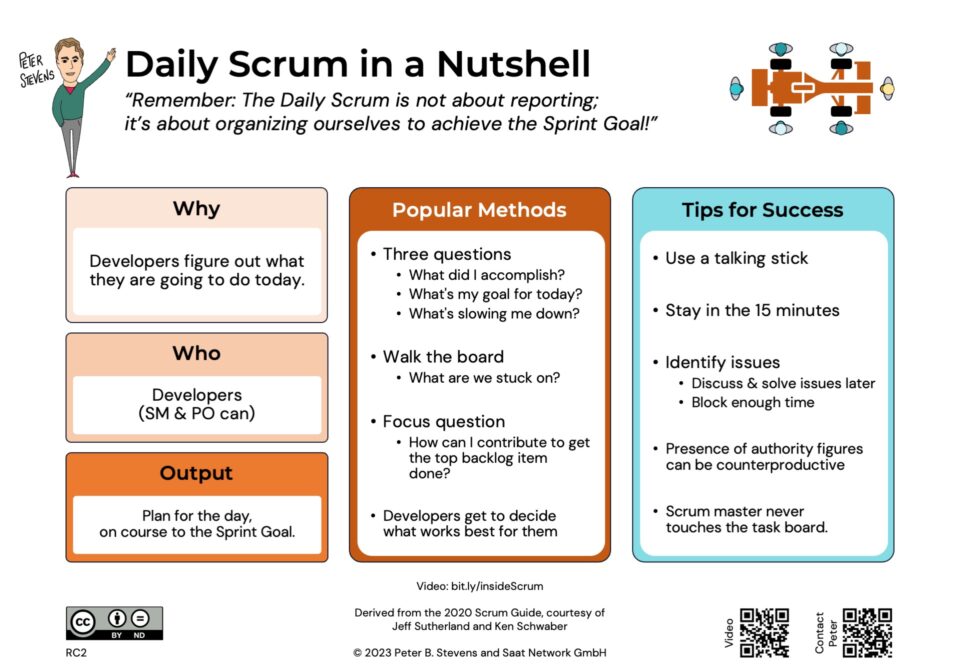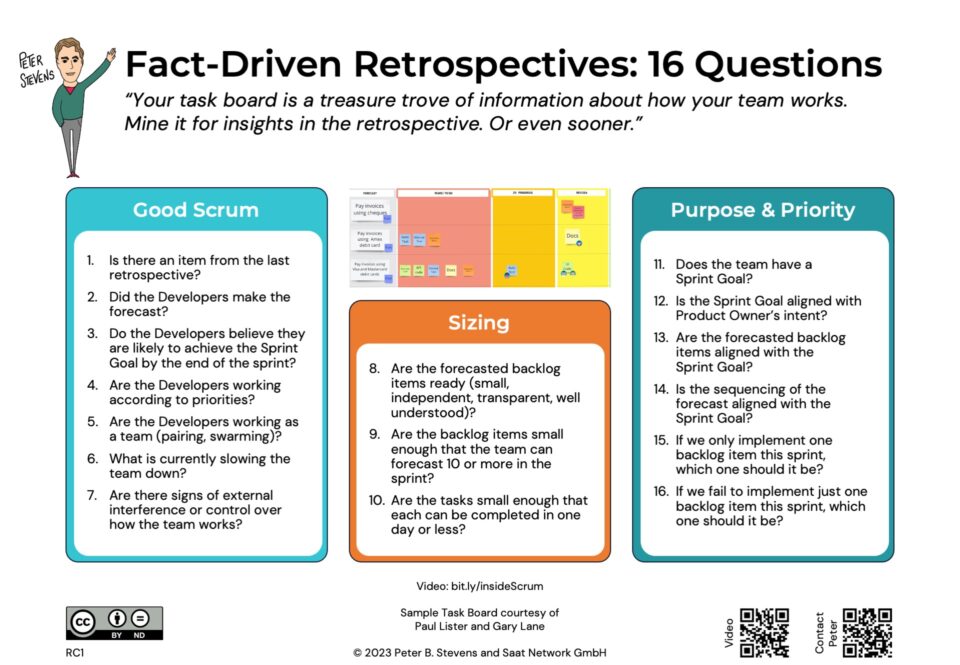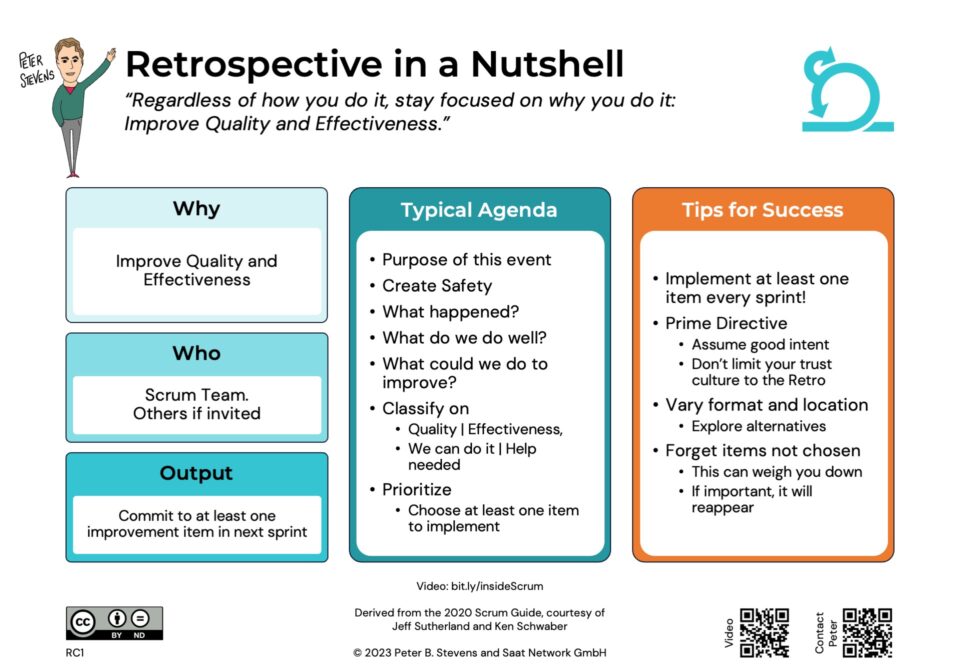Retrospective: Scrum Training with TargetProcess
30-05-2008Guidewire: Waterfall is more expensive – 1
05-06-2008Last week, I asked the question, “How agile are you?” which I defined in Lean terms, i.e. the amount of time needed to generate business value for the customer.
It turns out, just as Scrum teams create a formal definition of done, there is a widely accepted minimal definition of doing Scrum: the Nokia test (Jeff Sutherland Video) (see also the description in text form from Joe Little and his commentary on the Nokia Test).
The Nokia test asks 8 questions. The first 3 determine whether you are doing iterative development and the remaining 5 checks whether you are doing Scrum:
- Are iterations time-boxed to less than four weeks?
- Is the software tested and working at the end of an iteration?
- Do iterations start before specifications are complete?
- Does the team know who the product owner is?
- Is there a product backlog prioritized by business value?
- Does the product backlog have estimates created by the team?
- Does the team generate its burndown charts and knows its velocity?
- Is the team protected from project managers (or other people) disrupting its work?
This week’s quick poll has 2 parts. The top part, are the Nokia questions, the bottom, your total. (The number you give in part 2 should correspond to the number of boxes you clicked in part 1, but that’s obvious, and you’ll remember to vote on both, right?)
As usual, I will post the results in this space in a week’s time.
Thanks!
[Update – Joe pointed put out two important flaws in my retelling of the Nokia test which are now reflected in this post – see the comments for more details. Thanks, Joe!
Unfortunately this meant editing the poll, which means throwing away the first votes, so if you have already voted, please vote again. Thanks!]





5 Comments
Peter,
I think the Nokia Test is important. It has gone through some revisions of wording, but I think the version you have posted is different in some important respects from the “original”. Could I ask you to at least note the differences from what was said here (http://agileconsortium.blogspot.com/2007/12/nokia-test.html)? (I got my info from Jeff Sutherland.) Bas Vodde is perhaps the official source.
So, for example, you don’t note the difference between Iterative and Scrum (the 2 parts). You add the word “completely” before tested. These seemingly little things are important I think. I think it is useful to not imply a false precision. It is at best only a rough and ready test. Very useful in some ways, but definitely with limitations.
Thanks, Joe
Hi,
Let me also note that I would not call my comments about the Nokia Test a Critique. To me that implies I don’t like the Nokia Test…when I do like it.
At the same time, as I said, I do think the Nokia Test (or any test) has limitations.
Most of my comments were more commentary, explantion, elaboration. With more of this yet to come.
Thanks, Joe
Hi Joe,
Thanks for the feedback! I used an unofficial source (who shall remain nameless) and some interesting errors came in. They make the results rather meaningless, so I have pulled the poll.
As I write this I have a beer in my hand and barbeque party waiting for me, so I’ll repost the poll and check the definition of critique tomorrow morning
Thanks again!
Hi Joe,
Some definitions of critique:
criticism: a serious examination and judgment of something;
Wikipedia says: The word critic comes from the Greek κριτικός, kritikós – one who discerns, which itself arises from the Ancient Greek word κριτής, krités, meaning a person who offers reasoned judgement or analysis, value judgement, interpretation, or observation. …
So I don’t think critique implies that you don’t like the test, only that you have analyzed and commented intelligently on it.
But I don’t want to belabor the point, I changed it in the main article.
Cheers,
Peter
Hi Peter,
re critique. Yes to your points. It is more how the normal reader will react…the connotation, that I was worried about. In a more formal sense, “critique” is fair.
Thanks, Joe